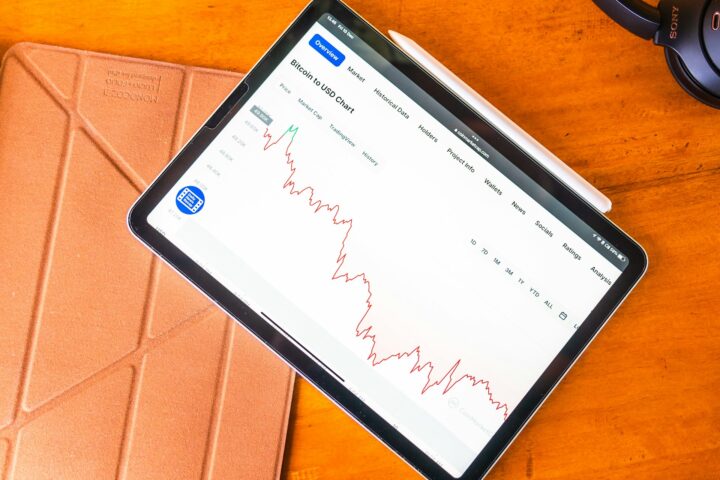Making Tax Digital (MTD) is a UK government initiative that sets out a vision for the ‘end of the tax return’ and a ‘transformed tax system’ by 2020. HM Revenue and Customs states that the main goal of MTD is to make tax administration more effective, more efficient and simpler for taxpayers.
For many small businesses, MTD means that the amount of work involved in submitting quarterly business tax returns will significantly reduce. Other than VAT, which is still to be introduced under MTD, there is no date set for other tax types, such as Self-Assessment submissions.
What is the reason for MTD?
HMRC state that the way they handle tax information from businesses has not changed in decades. With a significant number of small to medium sized businesses still not taking advantage of digital accounts to submit business tax returns, the government have instituted MTD, so that all business tax returns, excluding VAT, are done digitally rather than by manual paperwork.
Prior to MTD, HMRC defined a list of prospective businesses that would be involved in the initial pilot run. However, following the pilot period, all small and medium sized businesses have been instructed to ensure that they are ready to file their quarterly business tax returns, whether they are included in the pilot run or not.
The changes that come into play under MTD include:
- A change from the current quarterly self-assessment system. Instead, businesses will need to submit quarterly tax returns instantly.
- Digital accounting software will be much more widely, and should be more seamlessly implemented.
- Tax will be collected on a real time basis through a new digital system.
- There will be greater awareness of the tax liabilities and rights of businesses.
- Submissions to the tax office will be monthly rather than quarterly.
- Small businesses will need to become more proficient in recording their financial transactions and dealings.
- All businesses will need to keep their financial records up to date and accessible.
- More HMRC staff will be used to investigate tax avoidance.
It is important that businesses understand that the new regime is not compulsory and that it will not affect businesses for the first VAT quarter after April 2018. Businesses are also encouraged to check with their accountant or advisor about the best way to operate their business in the new tax environment.
What does it mean for businesses?
Businesses need to allow enough time for HMRC to set up the new system for businesses. There is no set date for when businesses will need to move from self-assessment to MTD but HMRC has announced that between April 2018 and January 2019, businesses will be able to use the old and new systems side by side. This should provide enough time for businesses to adjust to the new system.
Most businesses would have been contacted by HMRC or their accountant or advisor to ensure that they are ready for MTD. At the same time, businesses could be allowed exemptions from MTD and HMRC would need to be informed of this.
Once the changes start, businesses will be admitted into the regime through the programme, if they:
- Keep accurate and up to date records
- Have relevant digital accounting software
- Have technical capabilities for electronic submissions
- Are aware of their financial activities
- Are aware of the tax they have to pay and when and where it’s due
The changeover to MTD should lead to a reduction in the amount of time needed for filing tax returns, but with the increased risk of fines for late or inaccurate submissions. Therefore, businesses need to ensure they have an accounting system that allows for these submissions to be made in real time.
A significant reason that the HMRC have introduced MTD is to ensure that they can collect more tax and more quickly and efficiently. The tax is to be collected through a new digital system; however, this has not been made compulsory yet.
How will it affect businesses?
HMRC state that there will be some new products that will be released, namely a:
- Software Development Kit (SDK) – A set of technical tools that will help developers quickly and efficiently create new products that will be used for MTD
- Transaction reporting package – A set of technical tools that will provide HMRC with the information they need to collect tax information
The amount of time that businesses will need to spend on filing in MTD will be significantly reduced compared to the current quarterly self-assessment system. However, it is worth noting that the tax rates, rules and procedures will not be affected.
Larger businesses that have higher margins will find that MTD may be less costly and beneficial to them. However, for smaller businesses with a limited income, especially low-margin businesses, the benefits of MTD are harder to quantify, because the time saved will be offset by the costs involved.
HMRC stated that businesses will need to make the move or risk being removed from the Register of Companies. That is a very serious statement and businesses should consider moving fast if they want to keep their business.
Businesses should review their accounting software to ensure they have the right software, and are capable of making adjustments in time for tax returns. Most businesses would have found out about MTD earlier but, if you have been affected by the changes, it is not too late to get your business up to speed.
Without retaining an accounting system that allows for submitting the tax returns instantly, businesses will be required to revert to the self-assessment system or to make a cash payment towards their tax liabilities. Businesses need to bear in mind that, if they strive to reduce the amount of time spent on compliance, they may need to increase the time spent on compliance to ensure they remain compliant with tax legislation.
What software is available?
If you do not have the right software for filing under the new regime, then you will need to get advice about updating it.
















